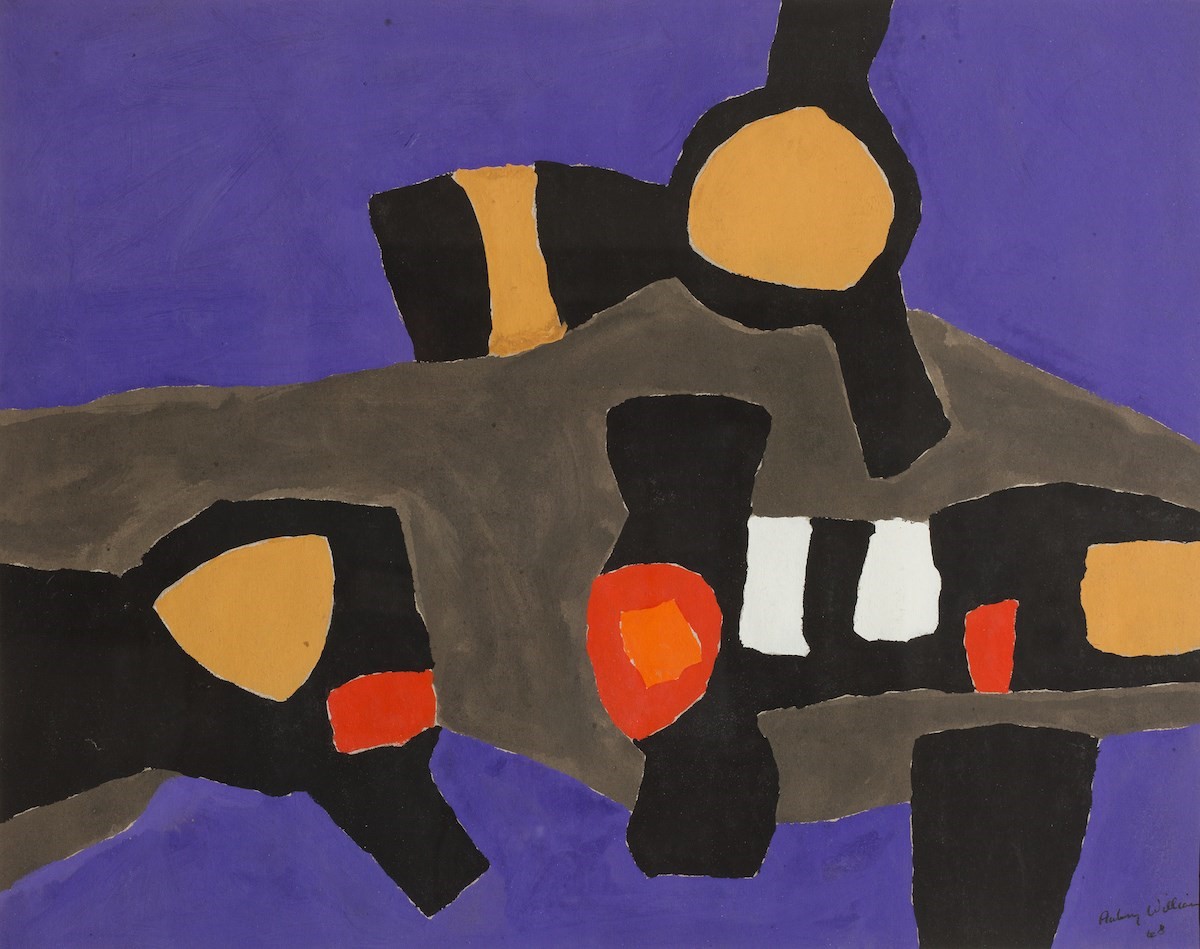Brown Girl In The RingPosted in Articles, Autobiography, Europe, Family/Parenting, Media Archive, United Kingdom, Women on 2019-07-29 01:54Z by Steven |
Riposte: A Smart Magazine for Women
2019-07-24
Lou Mensah, Writer, Photographer and co-founder of Shade Podcast
 Maya Series Cenote IV. Aubrey Williams, Copyright Aubrey Williams Estate |
Charting parallels between childhood and motherhood by Lou Mensah.
My mother, English and late father, Ghanaian. My partner is Irish and my nieces and nephews, Jamaican and Turkish.
Summer 2009. It was 5.30am as we were packing up the car at the stairwell of our flat to emigrate from Hackney to Ireland, when a local Zimbabwean Indian man, Jack, offered help with the baby as we loaded the car. I could have cried at his kindness. As I handed her over, he said in the most gentle tone “come here, my little joy of bundle” and that was it, I wanted to stay in the place we called home, in the flat where my only child was born, by the flower market where I walked during labour, where the stall holders kissed me and wished me luck with the birth.
I grew up in suburban England during the 70’s, when the National Front lads would chase family members for a, “fucking kicking in”; a time when my parents marriage and my very existence as a mixed race child would have been illegal in South Africa under the Prohibition of Mixed Marriages Act, under the apartheid regime later to be supported by the British Government…
Read the entire article here.





